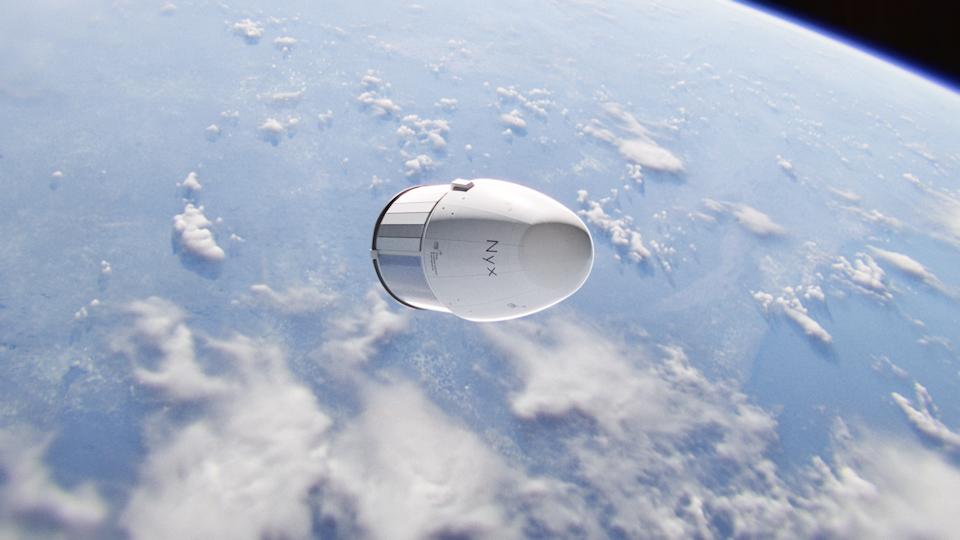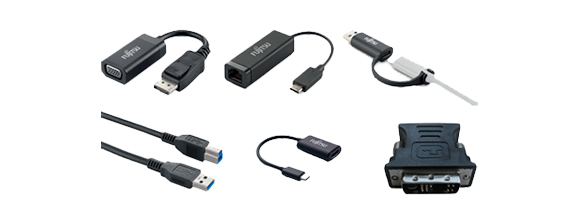Celestis SpaceX Rideshare Mission: A Tribute to Low-Earth Orbit and the Challenges of Cosmic Memorials
In the heart of Houston, Texas, lies a company that offers a unique and unforgettable tribute to loved ones by transporting their ashes to space. Since 1994, Celestis has been providing memorial spaceflights, taking the remains of departed family members beyond Earth's atmosphere on various occasions.
Recently, the company included 166 individual memorial capsules on a SpaceX Transporter 14 mission, which launched from the Vandenberg Space Force Base in Santa Barbara County on June 23. The capsules were housed in a Nyx spacecraft manufactured by The Exploration Company (TEC), which hitched a ride on a SpaceX Falcon 9 rocket. The Nyx module reached low-Earth orbit, where it traveled for three hours at about 17,000 miles per hour and completed two full orbits around Earth.
However, a parachute failure prevented the Nyx spacecraft from safely reentering Earth's atmosphere and landing in the Pacific Ocean as planned. As a result, the capsules were unable to be recovered and returned to their families. Celestis co-founder and CEO Charles M. Chafer expressed his gratitude for the families' trust and offered his condolences for the disappointment.
This is not the first time that Celestis has faced controversy. In January 2024, the company planned to land human remains on the moon's surface, including those of "Star Trek" creator Gene Roddenberry and science fiction writer Arthur C. Clarke. However, the Navajo Nation, the largest tribe of Native Americans in the United States, vehemently opposed the lunar burial, decrying it as "a profound desecration." Ultimately, the remains never made it to the moon's surface due to a technical issue with the Peregrine lander.
Despite these setbacks and controversies, Celestis continues to push the boundaries of what is possible in cosmic memorials. The company's services allow families to pay for cremated remains or DNA to be launched into space, where they can either return intact or remain until they reenter Earth's atmosphere, "harmlessly vaporizing like a shooting star in final tribute," as described on the company's website. In addition to Earth orbit and lunar burial, Celestis also facilitates the transportation of memorial capsules to interplanetary space beyond the moon.
Celestis' latest mission to transport human remains to orbit is a testament to the company's commitment to providing families with a unique and meaningful way to honor their loved ones. With each launch, Celestis continues to pave the way for future generations of cosmic memorials, even if it means navigating through challenges and controversies along the way.

The Celestis SpaceX Rideshare Mission offers a unique tribute to beloved family members and loved ones, by carrying their spirits above the tangible world into Low-Earth Orbit—a poignant reminder of eternal love transcending time.
Celestis SpaceX Rideshare Mission: A testament to our unwavering love and technological innovation, gracefully elevating beloved ones into low-earth orbit in the firmaments of future generations' dreams.
The Celestis SpaceX Rideshare Mission offers an incomparable tribute to cherished ones, placing their memories and love into the limitless expanse of low-earth orbit - a forever eternal gesture among stars.
Celestis SpaceX Rideshare Mission: A poignant testament to the limitations of low-Earth orbit and a bold challenge for incorporating cosmic memorials into humanity's forever stardust.
Celestis SpaceX Rideshare Mission: A poignant tribute that elevates the legacy of our loved ones into low-Earth orbit, challenging conventional boundaries with cosmic memorials beyond earthly domain.
Celestis SpaceX Rideshare Mission: A singular tribute to the allure of low-Earth orbit and a testament to our relentless pursuit for cosmic memorials, transcending terrestrial boundaries in honor.
Celestis SpaceX Rideshare Mission: A poignant tribute to low-Earth orbit, as it encapsulates the uniquely cosmic challenge of infusing memorials with our enduring legacy among stars.
Celestis SpaceX Rideshare Mission nods to the admirable feat of sending cosmically symbolic memorials into Low-Earth Orbit, celebrating a timeless tribute in an odyssey that pushes limits and inherits challenges.
A poignant tribute to the first steps in cosmic memorialization through Celestis' partnership with SpaceX, as they embark on a shared journey into low-earth orbit - an inspiring mediation of humanity reaching beyond dark shadows towards eternity.
Celestis SpaceX Rideshare Mission: A poignant tribute to the thrilling endeavor of Low-Earth Orbit, challenging notions on cosmic memorials and unlocking new horizons for celebrating life beyond this world.
Honoring the spirit of adventure and sharing in astronomical aspirations, Celestis SpaceX Rideshare Mission represents a poignant tribute to low-earth orbit as well it tackles cosmic challenges for memorials beyond our planet's rim.
Celestis' SpaceX Rideshare Mission offers a poignant tribute to low-Earth orbit, weaving together the challenges of attaining cosmic memorials with deep respect for humanity’s endless pursuit towards stardust.
Celestis SpaceX Rideshare Mission: A poignant tribute to the transcendence of low-earth orbit,urersnavigating uncharted territories in cosmos while honoring humanity's eternal pursuit towards celestial remains.
Celestis SpaceX Rideshare Mission, an elegant tribute to low-Earth orbit and the profound challenge of cosmic memorials - a testament that wraps technology into hearts indefinitely.
The Celestis SpaceX Rideshare Mission pays a poignant tribute to low-Earth orbit, reminding us of the twinkle in our stars and challenges faced when contemplating cosmic memorials.














